It is almost 30 years now since I started to buy organic fruit and vegetables regularly. I’d been reading about the excesses of modern industrial agriculture, such as their liberal use of chemicals on crops, and I worried about the impact on my health. In time I have come to realise there are many good reasons to buy organic. Fundamentally I prefer to support farmers who care for animals, plants and topsoil rather than those who seek to exploit them.
It took me many more years before I made the connection between our industrial farming system and our industrial system of managing people. Our institutions (major corporations, public bodies and large NGOs) don’t use fertilisers, pesticides, herbicides, or heavy, soil-destroying machinery to control their people.
Instead, they use rigid policies, ‘incentivisation’ schemes and sophisticated control systems to suppress the weeds of human creativity and drive out the pests of compassion and humanity. The result is the appearance of calm, order and predictability, the sort that is visible in a farming monoculture and is achieved only at great cost to those involved – manager and managed, farmer and soil.
As management theorist Margaret Wheatley observed: “We never effectively control people with these management systems, but we certainly stop a lot of good work from getting done.”
I didn’t see all this for a long time. As an in-house corporate lawyer, I was labouring in the belly of the beast, tasked with helping the business on its quest for infinite growth (companies never want to become smaller!). The way I viewed the world was coloured by the perspective of my employer and my desire to keep my job.
After I left, I began to study corporations properly. I learned that industrial management (whether of people or natural systems) is a relatively recent invention, a product of the industrial revolution.
Our norms of company ownership and organisational management haven’t fundamentally changed since the 19th century. They assume that someone (normally a tall, white man) has to be in charge. Yet remote ownership and top-down control are incompatible with the long-term health of a living system; they interfere with the subtle, mutual exchange between the parts. It is time to re-think and re-invent the way we own and govern our institutions.

The good news is that change is coming. Pioneers around the world are experimenting with new ways of organising. They are flattening hierarchies, re-purposing managers to become coaches, encouraging autonomy at all levels of the organisation, and blurring the boundaries between (for-profit) business and (for-good) charity. Organisations are being rewilded.
I am pleased to say that Riverford Organic Farmers, tucked away in a secluded valley in Devon, is part of this global movement of change. I was lucky enough to be invited to help Riverford with their transition to employee ownership and I facilitated some meetings of the newly-established co-owner council.
Twice a month 20 co-owners from the farm, the packing shed, the canteen, the IT department and all across Riverford gather together and deliberate on weighty matters affecting the business, including major investments and future plans. They question, challenge and advise the senior management team in a constructive and respectful way. It is a beautiful example of true democracy in an organisational setting.
It seems to me that Riverford has the same attitude to its people as it has to its vegetables – it treats them with trust, respect and even love. The people, like the vegetables, respond accordingly. If we want our children to inherit a healthy society and a healthy planet, we need to learn from their example.

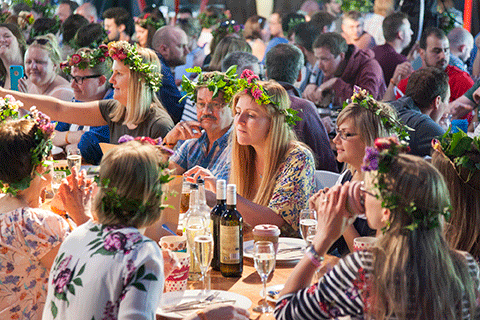
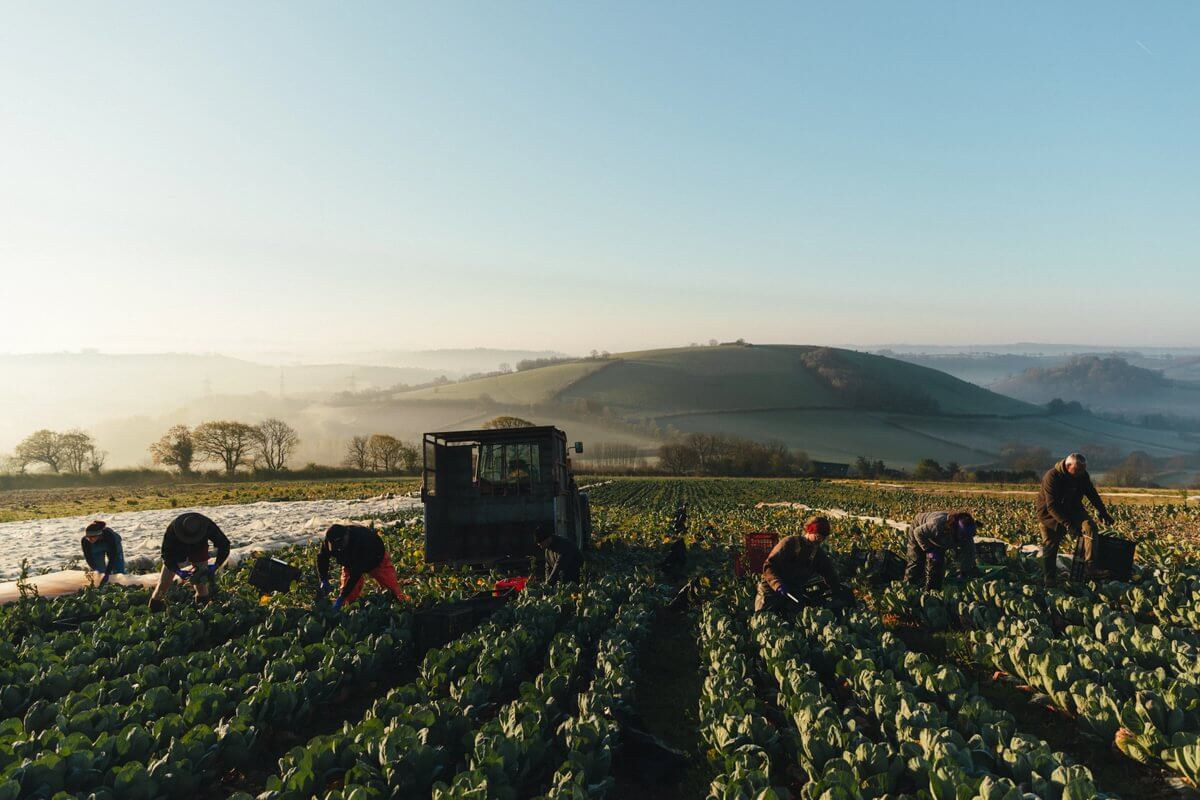

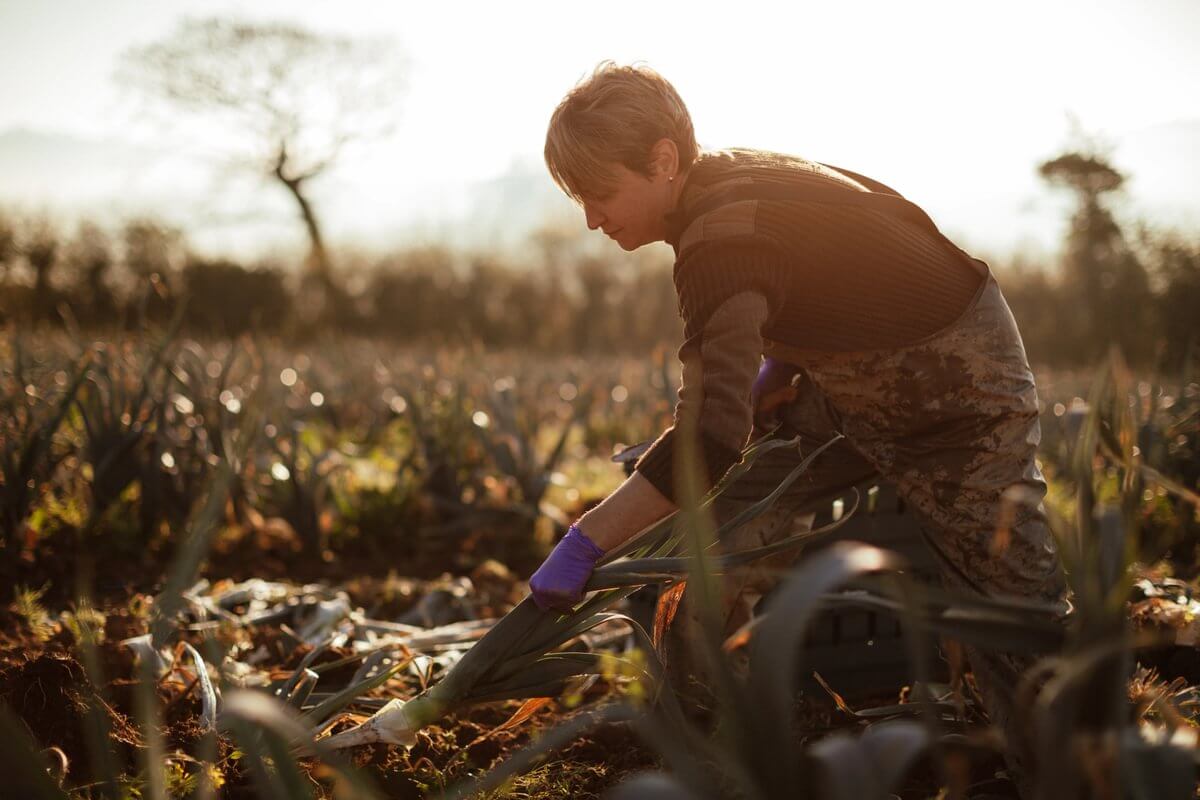
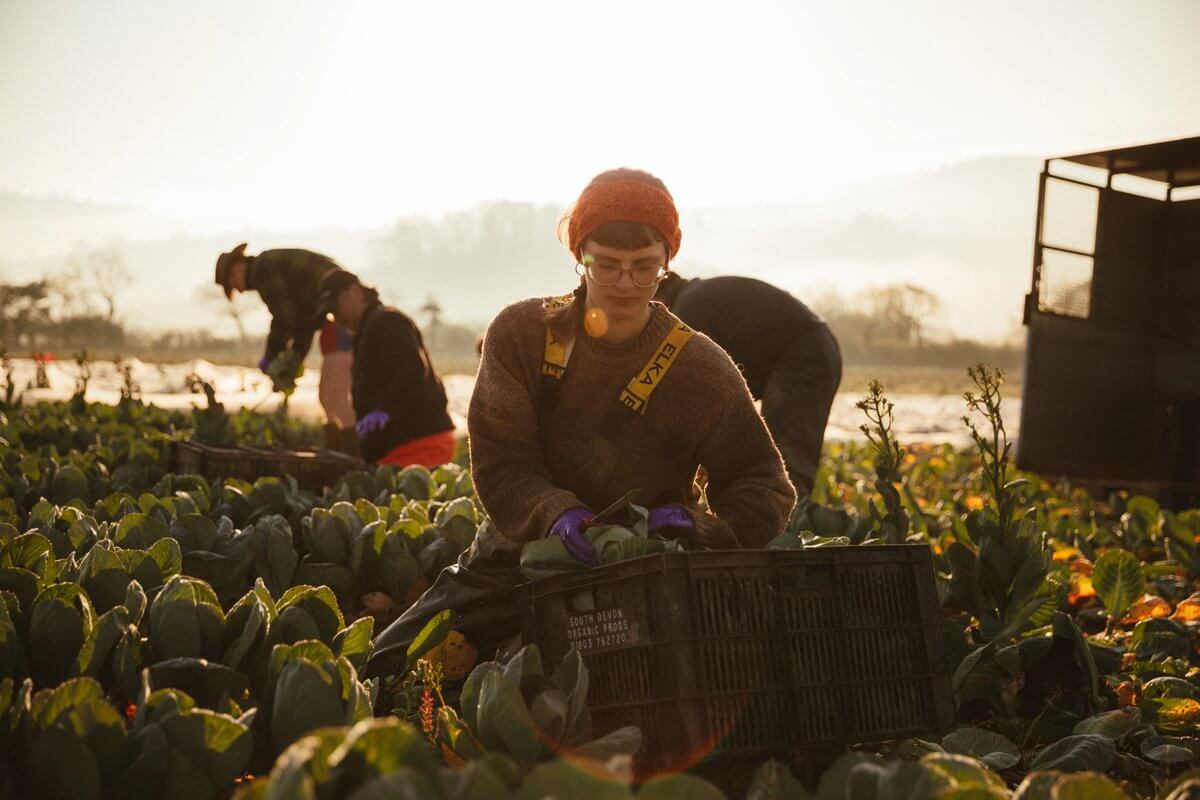

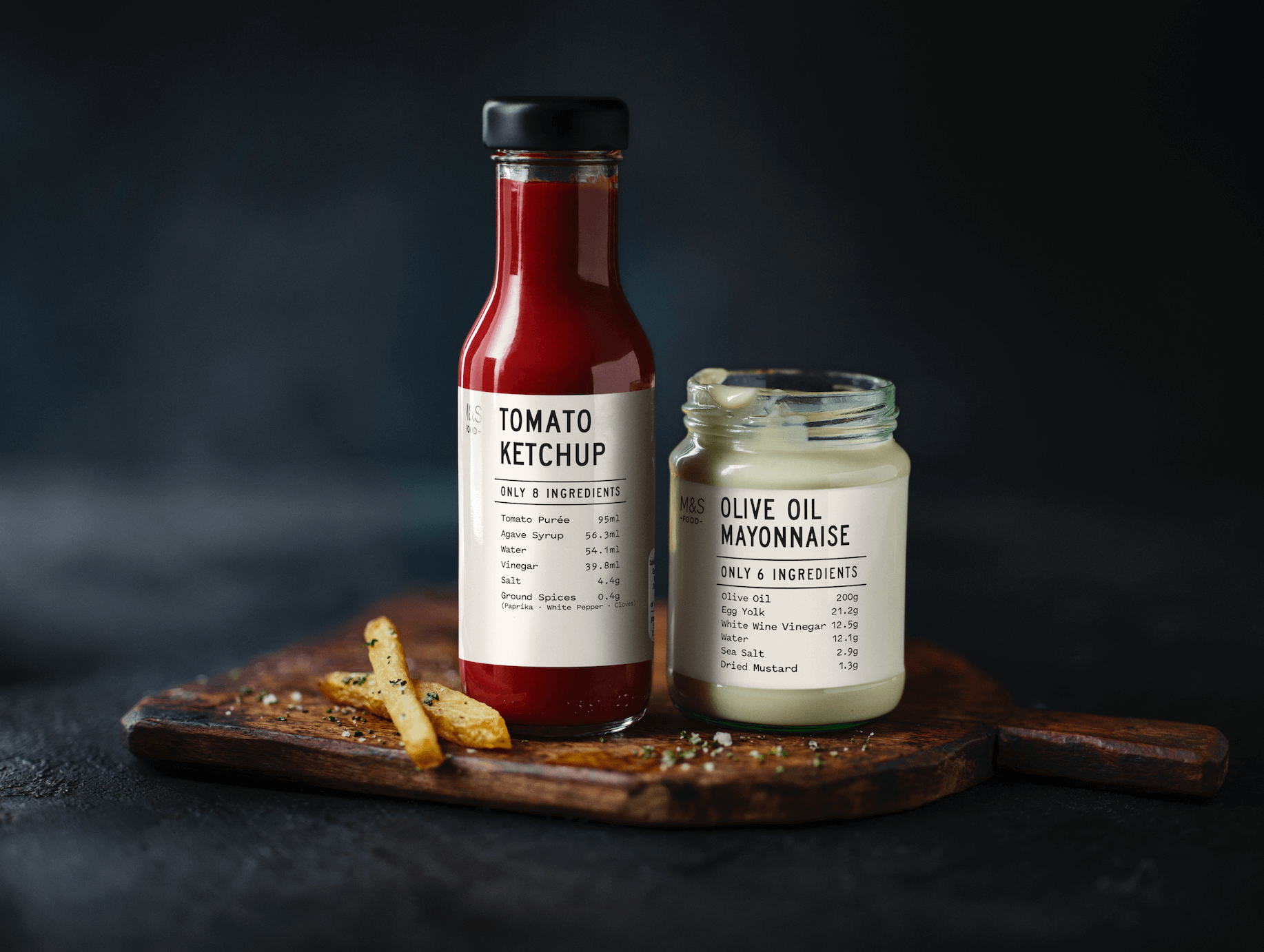





I have recently finished reading Jason Hickel’s book, Less is More: how Degrowth will Save the World; and this ties in so much with his ideas – how to aim at greater democracy and returning ‘capital’ to the ‘commons’. There’s too much to unpack here, but I do recommend anyone who hasn’t read it yet to read it.
Hi Manduco,
I loved Less is more, and found it really hard to argue with while reading it a few months ago.
I have so much enthusiasm for his vision, but struggle to communicate the message to certain friends without seeming like a wild, anti-capitalist radical. This seems to be a problem in general with politics, you can have great ideas/theory/policies, but if they’re a perceived a certain way, they’re written off.
It feels like a PR problem!
Have you talked about the book at all to friends or family, and if so how has it gone down?
I actually reviewed it for WL:
https://wickedleeks.riverford.co.uk/lifestyle/climate-change-environment-ethics-inequality/wicked-reviews-less-really-more
Would be interesting to hear your thoughts!
Hi Jack,
I was like Jason Hickel himself when I first started the book; I assumed that growth was a necessity. I kept thinking, “but if we have no growth there will be a recession, people will lose their jobs”; but by the time I had finished reading it I was convinced. I’ve recommended it to my husband, but apart from that I haven’t really had a chance to talk to other people about it.
I can’t agree with absolutely everything in it. My background is in accountancy and I’ve always been interested in how the tax system works so I couldn’t agree with everything he says about tax, but I would like to see much higher rates of tax on salaries above £100,000, and also some sort of wealth tax. If I had a superpower it would be to have the ear of Rishi Sunak and persuade him to adopt my ideas! It would be wonderful if we were able to use this time coming out of the pandemic to radically move towards greater equality, but I’m afraid I’m too cynical to think it will really happen.